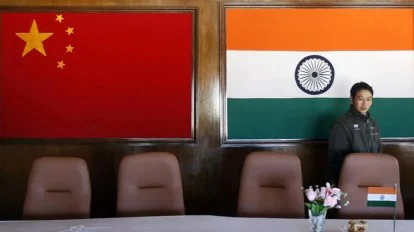Subtitle:
Balancing economic engagement with geopolitical caution emerges as core policy stance
Content:
India is shaping its trade strategy with China around the concept of ‘managed rivalry,’ signaling a pragmatic shift that seeks to balance economic cooperation with strategic caution in the face of ongoing tensions between the two nations.
Despite persistent border disputes and growing geopolitical friction, trade between India and China remains robust, with China continuing to be one of India’s largest trading partners. However, New Delhi is now looking to redefine the relationship — not by severing ties, but by maintaining calibrated engagement.
Officials familiar with the policy shift suggest that India will continue to restrict Chinese investments in sensitive sectors such as telecom, defense, and critical infrastructure, while allowing broader trade in non-strategic goods.
“Decoupling is neither feasible nor desirable at this stage,” a senior policy advisor stated. “The focus is on reducing dependency where it matters and leveraging trade where it benefits us.”
India is also actively pursuing supply chain diversification, boosting domestic manufacturing under the ‘Make in India’ initiative, and strengthening trade ties with other Asian economies to reduce overreliance on Chinese imports.
This approach of managed rivalry reflects a maturing economic stance — one that accepts the reality of interdependence, but remains alert to risks. As the global landscape evolves, India’s strategy may serve as a model for balancing competition and cooperation with economic giants like China.

